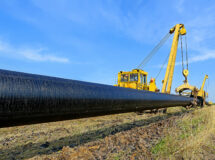
Pipeline safety
Canada’s pipelines are incredibly safe, moving 99.999% of products safely to their destination market.
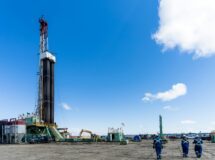
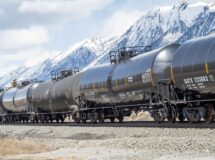
Rail safety
Rail is an important piece of the oil transportation network, allowing producers the flexibility to move products to different markets in response to demand.

Liquefied Natural Gas
Natural gas, when produced and used domestically, is shipped in its vapour form through a network of distribution pipelines to a local distribution company and then delivered to a customer. When natural gas is shipped to a distant foreign market outside of where it is produced, the natural gas needs to ‘shrink in size’ or […]
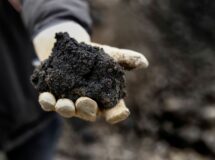
Oil Sands
On this page you’ll find general information about the Canadian oil sands. For information oil sands, visit Pathways Alliance. With estimated reserves of about 164 billion barrels, the Canadian oil sands are among the largest oil deposits on the planet. They are so large that Canada ranks third behind Venezuela and Saudi Arabia in terms […]
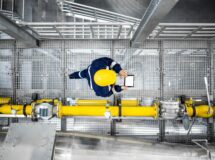
How We Are Innovating
Canada’s oil, natural gas and oil sands producers are part of a high-tech, knowledge-based industry. New technology and innovation are critical to developing Canada’s resources and improving environmental performance.
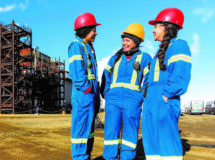
Indigenous Partnerships
Partnerships are one important way the industry interacts with Indigenous people, communities and businesses.
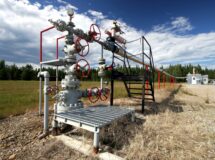
Flaring and Venting Reduction
Canada’s oil and natural gas industry is a global leader in minimizing flaring and venting.

Carbon Capture
The process of capturing carbon dioxide (CO2) produced from burning or processing oil or natural gas, and storing the captured CO2 in underground rock formations, is called carbon capture and storage (CCS). If the captured CO2 is used in enhanced oil recovery or other processes that permanently remove the CO2 from the atmosphere, the process is called carbon capture, utilization, and storage (CCUS). Some examples of CCUS in the Canadian oil and natural gas industry are below.
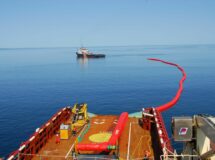
Spill Prevention, Preparedness and Response
Canada's offshore oil industry works diligently to prevent oil spills.